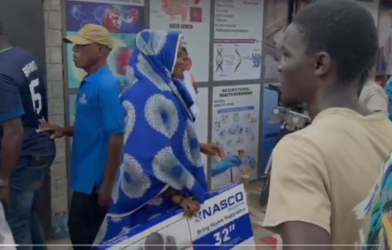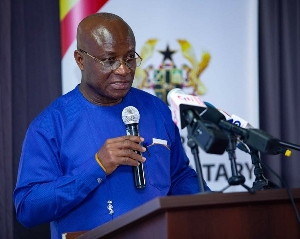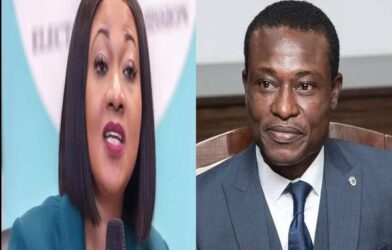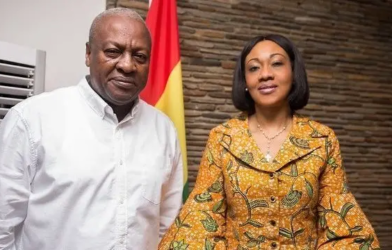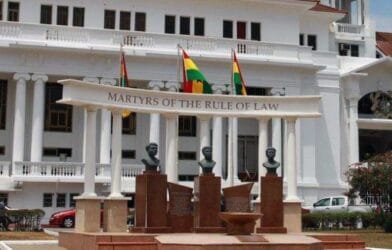The Electoral Commission (EC) has clarified that printing additional ballot papers for constituencies in the Volta and Bono regions was a standard procedure to ensure accountability and address potential shortfalls during elections.
At an Inter-party Advisory Committee (IPAC) Meeting in Accra on Friday, the Commission said its district officers and party agents took stock of all ballot papers upon arrival in the regions to be sure that they were accurate and complete before distribution on election day.
Dr Bossman Asare, Deputy EC Chair in Charge of Corporate Services, said the EC ordered the printing of the shortfalls of the ballots upon discovery by its district officers during a review of the ballots.
He said the exercise was part of “accountability mechanism” adding that similar shortfalls had been identified in the Greater Accra, Western North, and the Bono East regions and the political parties were duly notified to provide agents to observe the printing process.
“The review of the ballots is a standard procedure to ensure that all ballot papers are accurate on election day. This is to ensure full accountability of the ballots,” Dr Asare said.
During the meeting, the EC also announced the appointment of collation officers to electronically collate election results at the constituency and regional collation centres.
The Commission said the collation officers would work independently but under the supervision of the presiding officers.
Dr Asare said the collation officers were qualified personnel with accountancy backgrounds and that their involvement was to “enhance the integrity of the collation.”
Some of the political parties expressed concern about the appointment of the collation officers and expressed fear that their presence could undermine the work of the presiding officers and create “conflict of functions.”
The parties also sought clarity as to why the Commission would appoint collation officers when the law (C.I. 127) provided for a collation officer to be responsible for collation at the regional collation centre and not in the constituency.
Dr Edward Omane Boamah, Director of Elections, National Democratic Congress, said the appointment of the collation officers suggested that the Commission did not trust the efficiency of its returning officers.
“In any case, it would have been appropriate that the political parties were consulted since this is a new creation that is not established in the law,” he said.
Dr Boamah also asked the Commission to be “efficient” in the printing of the ballot to avoid shortfalls and “waste of resources.”
Mr Evans Nimako, Director of Elections, New Patriotic Party, requested the Commission to furnish the parties with the finalised list of all their agents ahead of the Special Voting scheduled for Monday, December 2, 2024.
Responding to the request, Mr Samuel Tettey, Deputy EC Chair in Charge of Operations assured the parties that an updated list of their agents would be sent to them ahead of time.
Eligible Ghanaian voters will go to the polls on December 7, 2024, to elect a president and 276 Members of Parliament.
The elections would be preceded by the special voting exercise to be held in 323 polling centres across the country for electoral officers, security officers, and journalists who would be engaged in the main elections.







